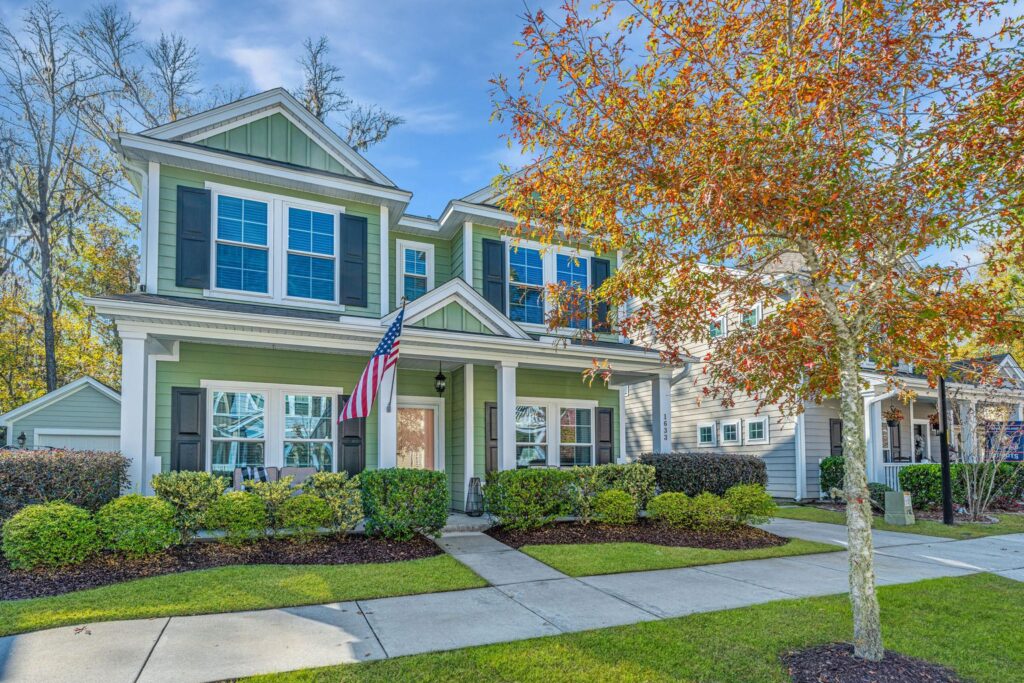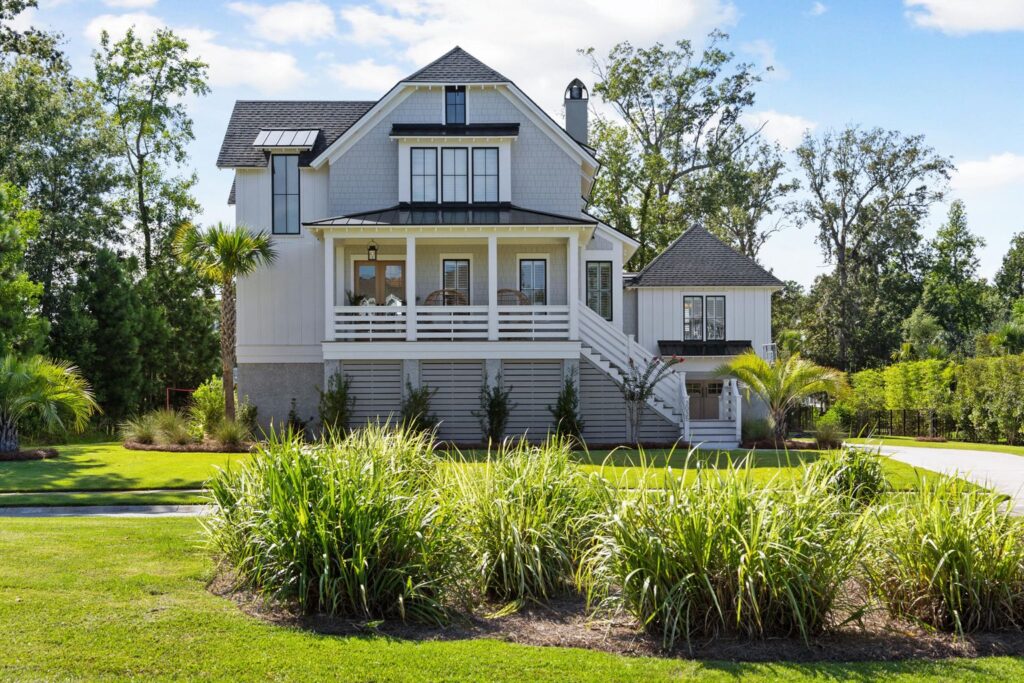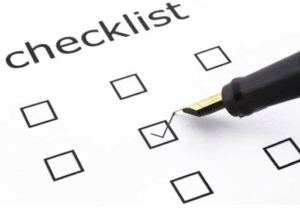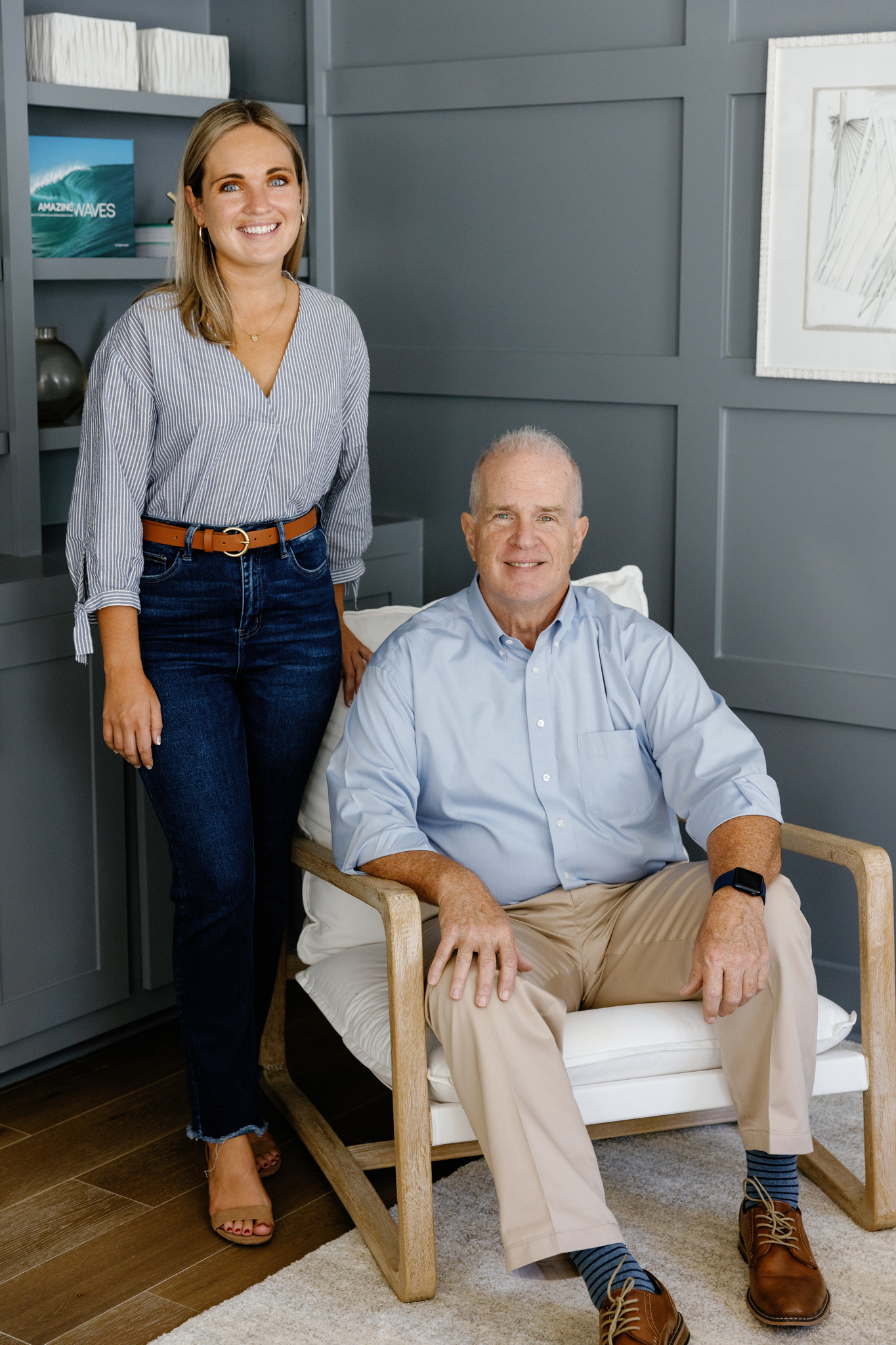How to Reduce Risk and Stress When Moving From One Home to the Next

Many people ask us year after year, How Do I Buy A Home If I Have to Sell Mine First? It’s one of the most important questions many home sellers ask. Having to sell an existing home to qualify for a mortgage on a new home poses some unique challenges. However, the answer can be vastly different depending on the market of the moment. In a buyer’s market the process is going to be very different than it is in a seller’s market.
Buyers Market or a Sellers Market?
In a buyer’s market the question, How Do I Buy A Home If I Have To Sell Mine First is usually not a problem. This is because when there are plenty of homes for sale, buyers have more options. The issue is a little more problematic in a sellers market. In a seller’s market the challenge is that with low inventory and high demand, the best homes sell very fast! So the timing of both sales and moving can be tricky. If your new loan requires you to have your home sold before you close on your new one, you only have a couple options. Which makes it important to have a Plan A, B and C!
Plan A – How Do I Buy A Home If I Have to Sell Mine First?

In Plan A, you’ll sell your existing home while you search for and buy your next home simultaneously. Hopefully timing it so you can close on both at the same time!
The key to this strategy is that you start looking at homes with your agent well before you list your home for sale. This helps you know your options, discover what’s available and get a good feel for the market. Narrowing down your options in advance will help speed your decision process up for when your home finally does sell. Because once it sells you’ll have to move fast to meet your closing deadline. Which can be tricky! Once your home sells and you’ve found your next home, your agent will coordinate both sales so they close simultaneously. And…you only move once!
Pro’s…
If you are able to pull this off it’s a win, win, the best of both worlds! You’ll make one move, and it will be a less stressful than moving twice. This is everyone’s first choice!
Con’s…
In a competitive seller’s market this may be difficult. There is a good chance that your home will sell fast, and that’s a good thing! But now, you’ll be on the clock to find a new home. In this scenario your choices will be limited to the available inventory of homes currently on the market. You’ll also have to compete against other motivated buyers for same homes in a low inventory market. Just a little stress!
Consequently, if you can’t find the right home fast enough you might have to go to Plan B! Plan A can be tough to pull off due to having a limited amount to time and the level competition for homes in the market at the time. Which in turn will put a lot of pressure on you to find and contract on a great replacement home. You also may not negotiate the best deal for the same reasons. Ultimately you may not be 100% satisfied by your choice because you had to do it under so much pressure!
Plan A.1 – The Bridge Loan
For those with a sunstantial amount of equity in there home, they may qualify for the opportunity to use a bridge loan. A bridge loan is a loan that uses your home equity as collateral. Similar to a HELOC, (home equity line of credit) but different.
A bridge loan is designed to be a short term bridge allowing you the opportunity to buy your next home and then sell your home. The downside is that you’ll have two payments for a short period of time. The upside is that you can sell your home and not worry about having to find a suitable replacement home.
Tip: Not every bank offers a bridge loan opportunity! If this is something you want to look into, give us a call and we will be happy to share with you our trusted vendors. 843-790-7000
Plan B – How Do I Buy A Home If I Have to Sell Mine First?

Plan B revolves around selling your home and then moving into a temporary rental. This option allows you to take your time searching with your agent for your next home. Having helped many of our past clients sell their home and buy their next one in this way, this is, in our opinion the best strategy.
Pro’s…
Plan B is probably the least desirable of all of the options for most people. However, Plan B will allow you to be more aggressive and competitive when buying in a seller’s market! Being a non-contingent buyer on the buy side will give you a great advantage. This strategy will give you the best opportunity to make a great deal on a great house with the least amount of stress! Your chances of winning the bid will be much greater if you don’t have to sell your home first. Unfortunately, it often takes having to experience losing one of two homes first before most folks realize that this is the strategy they need to take.
Mini Vacation!
Consequently, having to wait a couple months for your dream home to hit the market may not actually be that bad! Depending on the time of year you may find an off-season rental at the beach! You may find a comfortable apartment with lots of amenities like, swimming pools, an on site gym, game rooms and more! You might find a great short-term rental in the Historic District in Downtown Charleston! Who knows, if you treat it like a vacation it might be fun!
Con’s…
You will have to move twice. You will have to put most of your stuff in a temperature-controlled storage unit. And, you’ll be living like a gypsy!
Plan C – How Do I Buy A Home If I Have to Sell Mine First?
Our Plan C solution for, buying a home when have to sell yours first, involves a home sale contingency. A home sale contingency is not always the best solution for a number of reasons. But lets first look at what it can potentially do for you.
What can a home sale contingency do for me?
A home sale contingency will allow you to put a home under contract and allow you time to sell your home. Then once your home goes under contract, you remove your contingency on your new purchase and then proceed to close on both properties.
Real Estate “Layaway”!
A home sale contingency is real estates version of “layaway”. However, in many situations your goals and the sellers goals are very different. Most sellers want their home sold and are not interested in waiting for a buyer to sell their home. In this case you may ask for a Contingency with a First Right of Refusal. Having the First Right of Refusal will allow the seller to keep their home on the market while you try to sell your home for a specific time frame.
Once the seller gets another acceptable contract, they have to notify you that they have received an acceptable offer. Then based on the terms of your agreement you’ll have a certain amount of time to show evidence that you can remove the contingency and proceed to close. If you can’t provide the required evidence to remove the contingency you lose your First Right and the seller can move forward with the other contract and sell the home to the new ready, willing and able buyer.
Evidence required to remove a home sale contingency.
Typically a home sale contingency with a First Right of Refusal will require evidence that shows you can close on the property. This may be a fully ratified contract on your home with all contingencies removed. And, evidence that the buyer of your home is well qualified to purchase it. Or it could be evidence that you have sufficient cash in the bank to close the sale without a loan!
Experience Counts!

Home sale contingencies have lots of moving parts and are best negotiated by an experienced agent. Over the years we have negotiated lots of contracts that have used home sale contingencies. In a more balanced market or more of a buyers market you’ll see more contracts with home sale contingencies. However, in a seller’s market these are not as common.
Over the years, we’ve handled these situations in a variety of ways. We will be happy to discuss the best solution for your unique situation.
If you do negotiate a home sale contingency and sell your home, from this point it’s just like any other sale. After you sell your home your buyer will complete their inspections and remove any other contingencies. At this point you’ll provide the seller of the home that your buying with your required evidence that you can close thus removing your home sale contingency. Then, at this point you can move forward to close on both homes.
Pro’s…
You go shopping and pick the best home for your family’s needs! When you find it, you negotiate your deal and move forward. It doesn’t get any better than that!
Con’s…
In a seller’s market, where buyers are competing for homes, most sellers often won’t consider an offer with a home sale contingency. Most of the time they prefer to wait for a competing offer without a home sale contingency. In a buyers market this strategy is more successful.
Conclusion
So, there you have it, three proven strategies that will all work in the appropriate situations. All you need is a flexible mindset, an open mind, and you can can successfully sell your home first, before you buy your next one!
We’ve helped many people over the years who have opted for one of the three plans. Each one found success while buying a home when they had to sell theirs first. So you see, whichever direction you choose you can get the results you want. And we can help you too!
Frequently Asked Questions – How Do I Buy a Home If I Have to Sell Mine First?
Yes, in some situations. Options may include coordinating simultaneous closings, using a bridge loan if you qualify, or purchasing with available cash. The best approach depends on your equity, financing requirements, and current market conditions.
In a competitive seller’s market, selling first and moving into temporary housing often provides the strongest position. Being a non-contingent buyer can significantly improve your negotiating power and reduce stress.
A bridge loan is a short-term loan that allows you to tap into your home’s equity to purchase your next home before selling. Qualification depends on equity, credit, income, and lender guidelines. Not all lenders offer bridge loans.
A home sale contingency allows you to purchase a home contingent on selling your existing one. While this can work in balanced or buyer-leaning markets, it is less attractive to sellers in highly competitive markets.
A First Right of Refusal allows a seller to continue marketing their home while you attempt to sell yours. If another offer is received, you must prove you can proceed without the contingency within a defined timeframe.
Possibly. Selling first may require temporary housing and storage, but it often results in a smoother purchase process, better negotiating leverage, and more flexibility when choosing your next home.
The right strategy depends on your financial position, risk tolerance, timing needs, and local market conditions. Working with an experienced local agent helps ensure the plan fits your goals and protects your interests.
Every Situation Is Different…Your Plan Should Be Too
There is no one-size-fits-all answer when you need to sell before you buy.
We’ll help you weigh equity, timing, and market conditions so you can move forward with clarity.

Authors
Bill Byrd and Waverly Byrd bring deep real estate expertise to clients throughout the Charleston area, drawing on years of hands-on experience with residential sales, investment property, relocation, and local market strategy. Their guidance is grounded in market knowledge, careful analysis, and a commitment to helping clients make well-informed real estate decisions.
As a father-and-daughter team, they work collaboratively on every transaction, combining experience, perspective, and consistent communication. Clients benefit from a coordinated approach that emphasizes preparation, clarity, and thoughtful execution at each stage of the buying or selling process across the Lowcountry.
